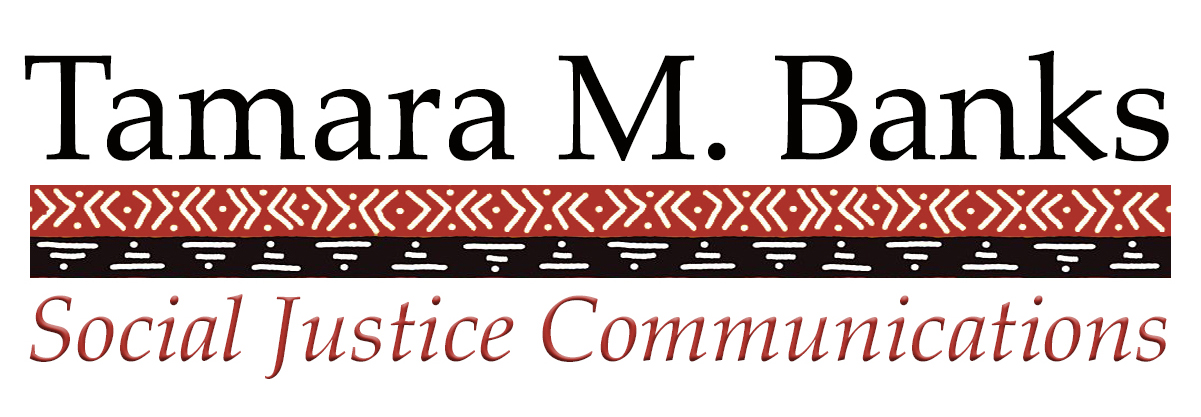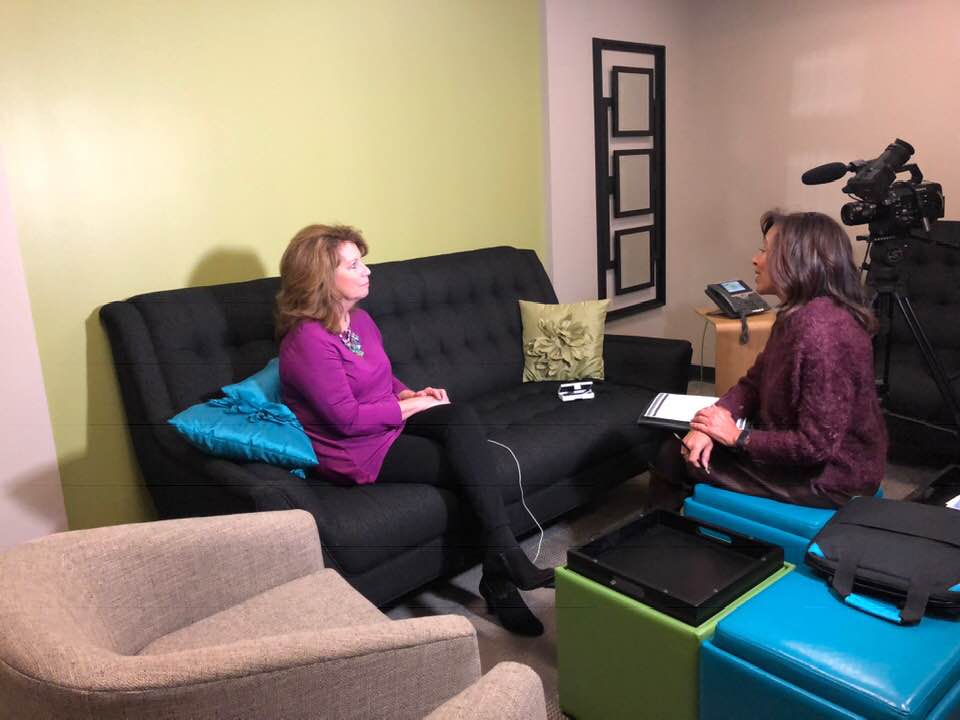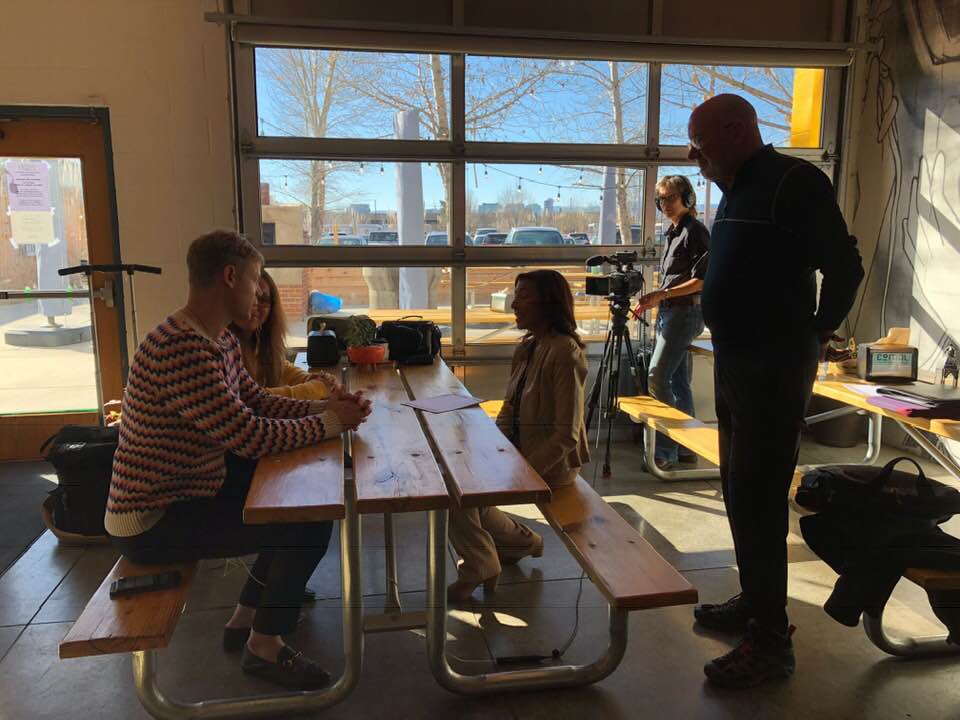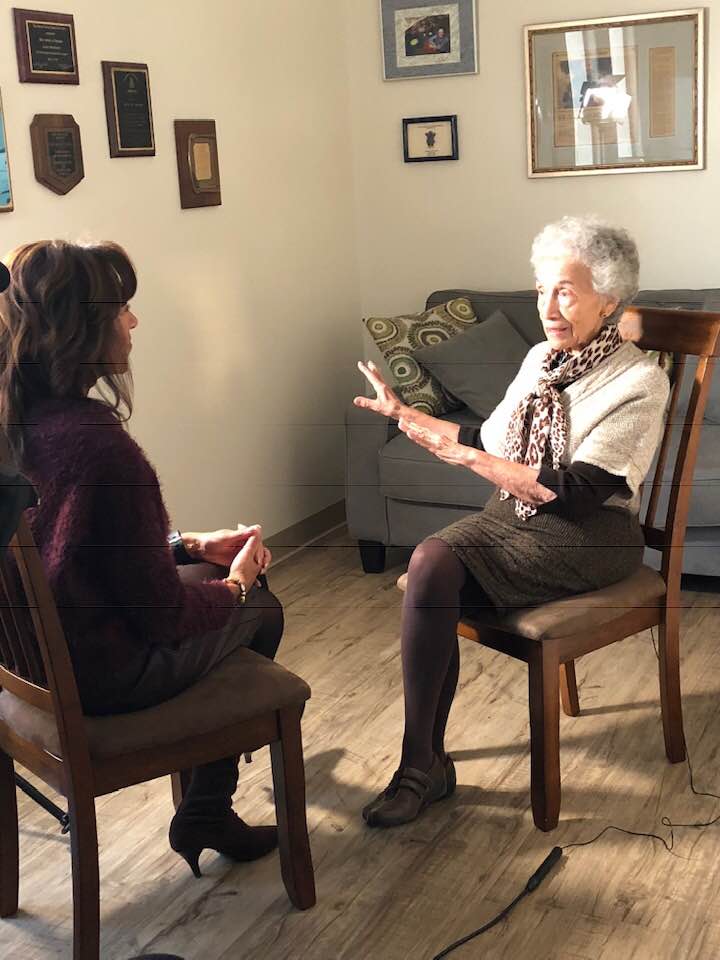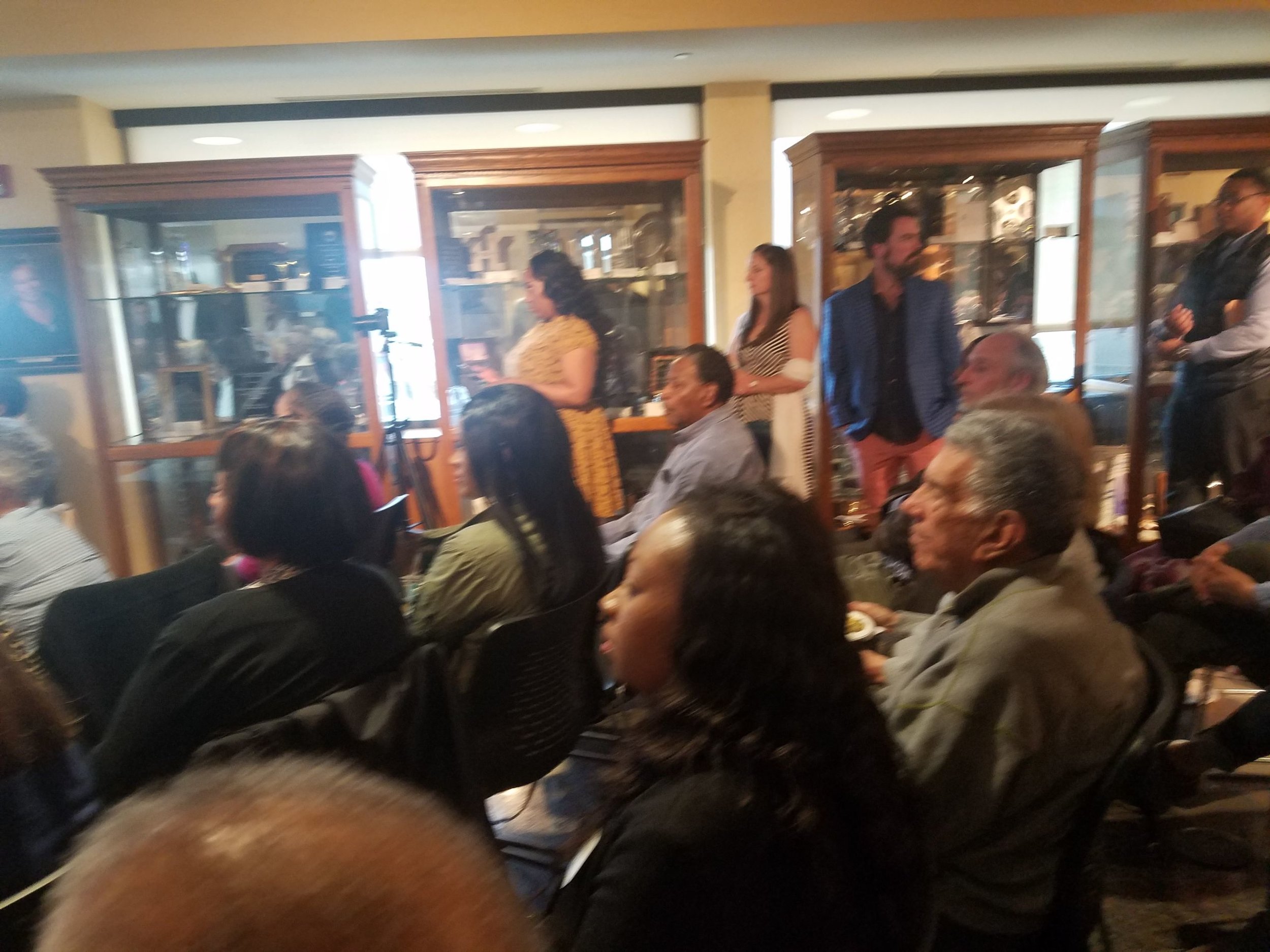One of my favorite places to hold meetings in Atlanta is the CNN Center. The headquarters for the cable news channel is electric with energy, vibrant colors and people from all over the world come tour the public spaces. Jumbotrons blare the news of the day, the CNN channel, of course.
Recently, while waiting for a couple of news colleagues for a meeting downtown I struck up a conversation with a Black woman sitting two seats away from me. “70,000 people are homeless due to the devastation caused by Hurricane Dorian in the Bahamas,” was the line that caused us both to look at each other and say, “Oh, my God.”
From that point we talked about religion, the current White House administration’s policies, and a number of social justice issues.
Angelie, who rarely tells people her real name but chose to share it with me because she got a “cool vibe” from me (must be the fair and balanced journalist she was picking up on ;-)) told me she wanted to have some quiet time…
After about 15 minutes I excused myself letting my new friend know that I needed to prepare for a meeting. We went back to our individual worlds. She, back to her book and cell phone. Me, back to my laptop and prep notes.
About 10 minutes later an Atlanta police officer came up to Angelie and told her, “You’re going to have to leave. No loitering allowed.” My ears perked up. “No, loitering,?!” I thought.
Then my outdoor voice said, “She’s reading a book.”
The African-American officer (I know, right?!) told me there is a time limit for people who come in and don’t buy anything in the food court.
My outdoor voice again: “Really? I haven’t bought anything to eat.” I was coffee-ed out and you can probably guess l what I might have said had I had any more caffeine.
Turning to me, Angelie said, “It’s ok. This happens all the time.”
My outdoor voice again: “Seriously?” This time there’s a bit of a shrill and a you’ve-got-to-be-frickin-kiddin me tone in my voice.
“Yea,” my new friend says. “It’s ok.”
Um, no, it’s not ok.
My outdoor voice again: “So, again, I’ve not bought anything. Why not harass me?” My sistah friend is dark skinned. I’m light skinned. A friend of mine calls me “half-fro.”
“Is this a light skinned, dark skinned thing?” The words come out of my mouth as I think about what it will feel like to get kicked out of the CNN Center.
“You’re dressed nicely and I’m not,” Angelie explains as she grabs the with her belongings that was tucked out of sight under the table.
I offered to buy her lunch so she could stay but she said she would just go. It’s ok.
I’m reminded of the so-called no camping law in Denver.
No, it’s not ok to be kicked out for reading-while-Black in a space that is the epitome of free speech, freedom of expression and free press: the CNN Center, CNN headquarters!
And the Black officer is complicit in this …
I’m sure the excuse would be, “I’m just doing my job.”
We think sometimes that poverty is only being hungry, naked and homeless. The poverty of being unwanted, unloved and uncared for is the greatest poverty.
~ Mother Teresa
